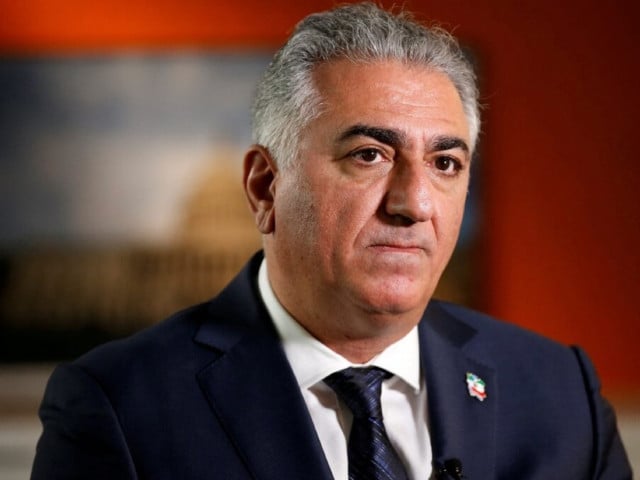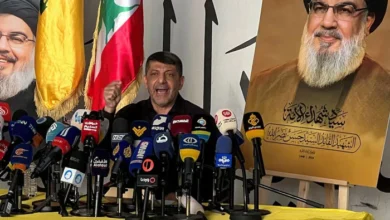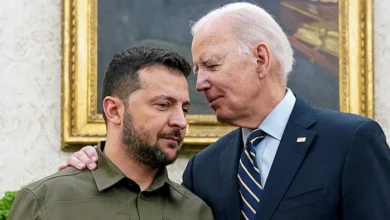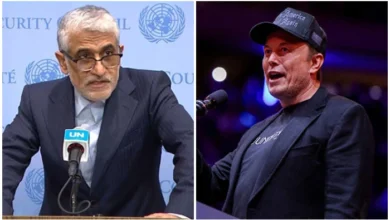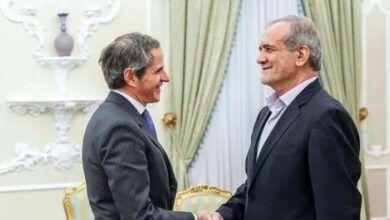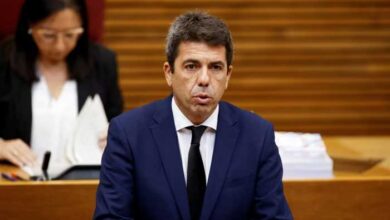Reza Pahlavi, the son of Iran’s ousted despot Mohammed Reza Pahlavi, has called on Israelis to financially support civil disobedience initiatives in Iran, emphasizing that such actions are crucial for regime change.
Pahalavi is the son of Iran’s deposed monarch Mohammed Reza Pahlavi. The Shah had taken control of Iran in 1953 after the Central Intelligence Agency’s orchestration of the overthrow of Iran’s popular Prime Minister Mohammed Mossadegh.
Mohammed Reza Pahlavi, then steered Iran to become a stauch US ally, before a nationwide popular revolution in 1979 forced the despot to flee the country he had ruled for 38 years.
The younger Pahlavi’s recent appeal came during a speech at the Israeli-American Council (IAC) national summit held at the Washington Hilton on September 20, 2024.
Pahlavi, who has been vocal in his opposition to the Iranian regime since it overthrew his father in 1979, received enthusiastic support from the audience, which included Israeli-American activists and allies.
His speech marked a significant moment in outreach to the Israeli public, following his notable visit to Israel in April 2023.
In an interview with VOA after his speech, Pahlavi outlined two essential components of his campaign: intensifying pressure on the Iranian regime while simultaneously bolstering support for the Iranian populace.
He stressed the importance of funding civil disobedience movements within Iran, including protests and labor strikes, and highlighted the challenges posed by US sanctions that restrict financial assistance from the Iranian diaspora.
Pahlavi stated, “Many diaspora Iranians would like to help. But US sanctions make it almost impossible for them to transfer money back home.”
He called for a revision of these sanctions to facilitate support for those opposing the regime.
The crown prince dismissed any messages directed at the Iranian regime, stating, “Iranians, by the millions, have shown how much they despise this regime.”
He expressed a desire for peace and good relations with neighboring countries, emphasizing that the current Iranian leadership stands in the way of regional normalization and stability.
Pahlavi also addressed criticisms from some members of the Iranian diaspora who view his pro-Israel stance with skepticism.
He argued that a strategic partnership with Israel could provide significant opportunities for Iran, particularly in addressing the country’s water crisis through Israeli expertise in agriculture and resource management.
During his address, he condemned rising antisemitism and the need for a united front against regimes that promote such ideologies.
“The time of reacting to these reactionaries must come to an end,” he asserted, underscoring the importance of proactive measures over mere responses to threats.
Pahlavi concluded by urging cooperation between Israelis and Iranians to ensure a peaceful transition from the current regime to a democratic Iran.
He stated, “If you work together, we can secure prosperity and dignity for our people, and stability and security for our world.”
The event concluded with enthusiastic applause from attendees, reflecting a growing solidarity between the two communities in their shared aspirations for freedom and peace.

